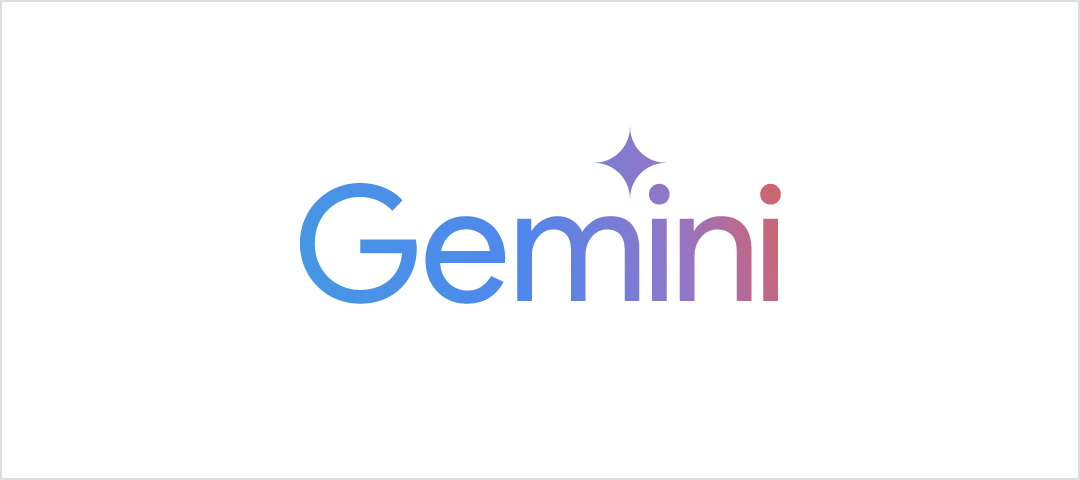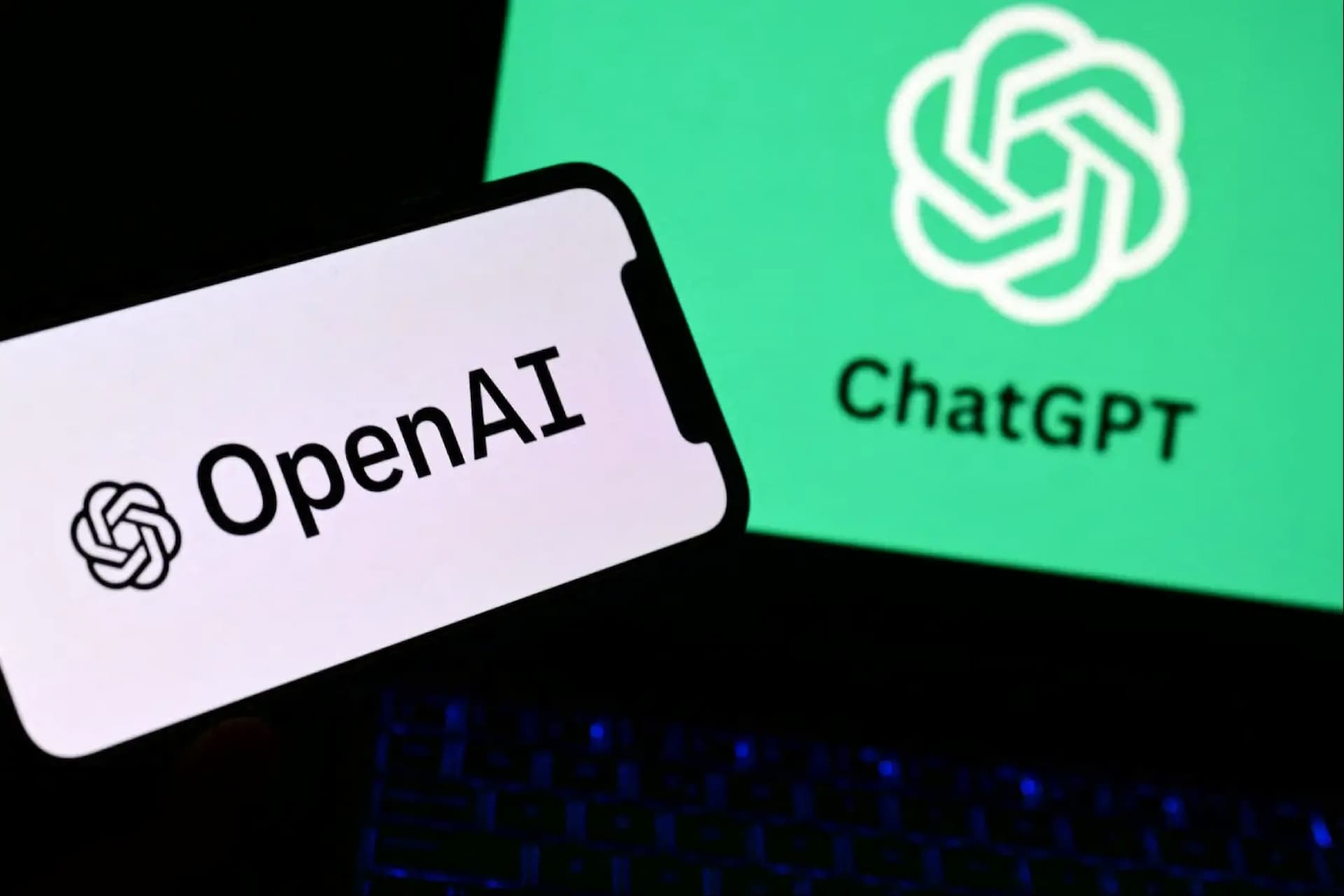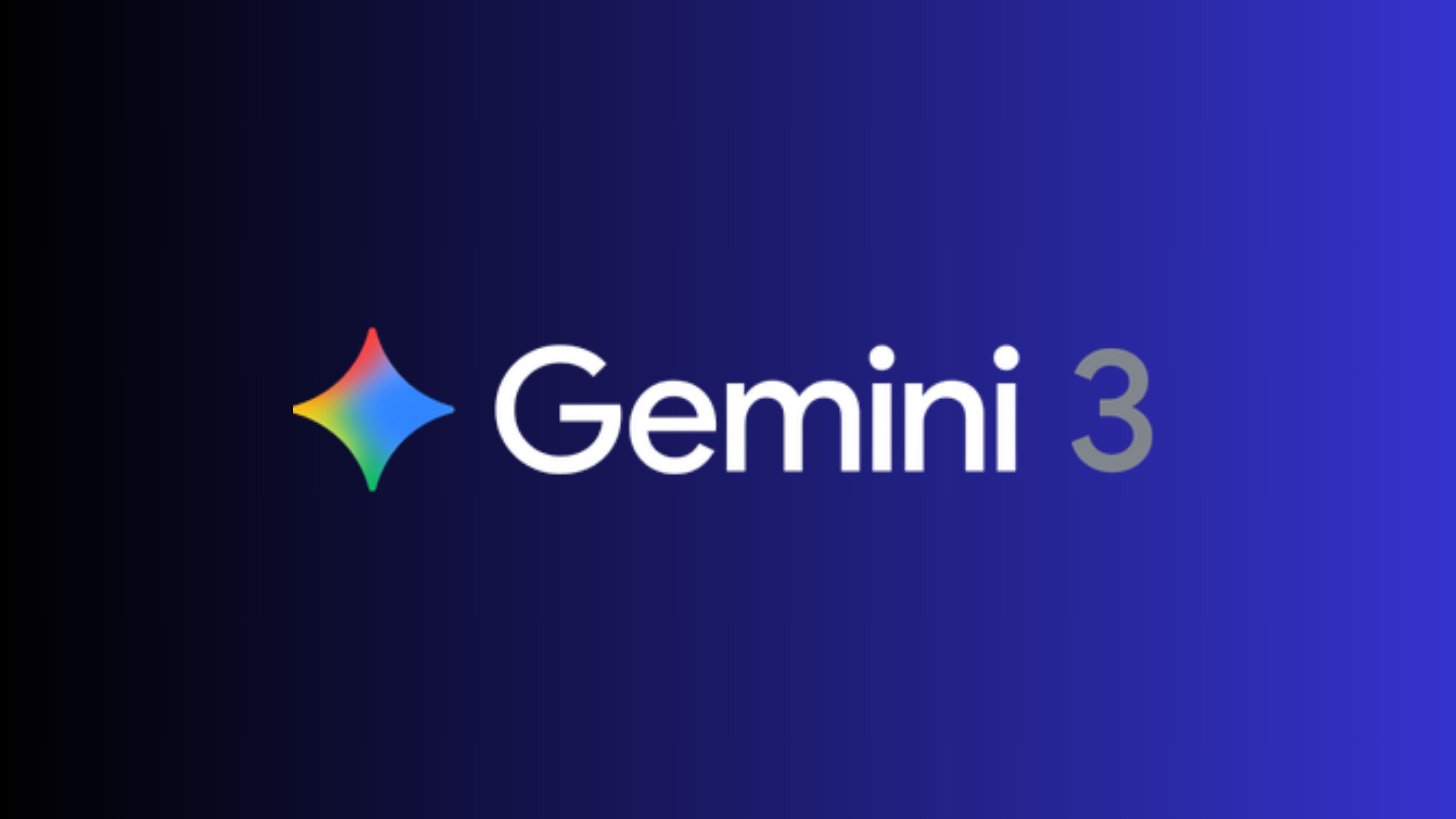Google has expanded the availability of Opal, a no-code experimental tool from Google Labs, by integrating it directly into the Gemini web application.
This integration allows users to build AI-powered mini-apps, known as Gems, without writing any code, using natural language descriptions and a visual workflow editor inside Gemini’s interface.
Previously available only via separate Google Labs experiments, Opal now appears in the Gems manager section of the Gemini web app, where users can describe the functionality they want and have Gemini generate a customised mini-app.
These mini-apps can be reused for specific tasks and workflows and saved as part of a user’s Gem collection.
The no-code ‘vibe-coding’ approach aims to democratise AI development by enabling creators, developers and non-technical users alike to build applications that automate or augment tasks, all through intuitive language prompts and visual building blocks.
Would you like to learn more about AI, tech and digital diplomacy? If so, ask our Diplo chatbot!










